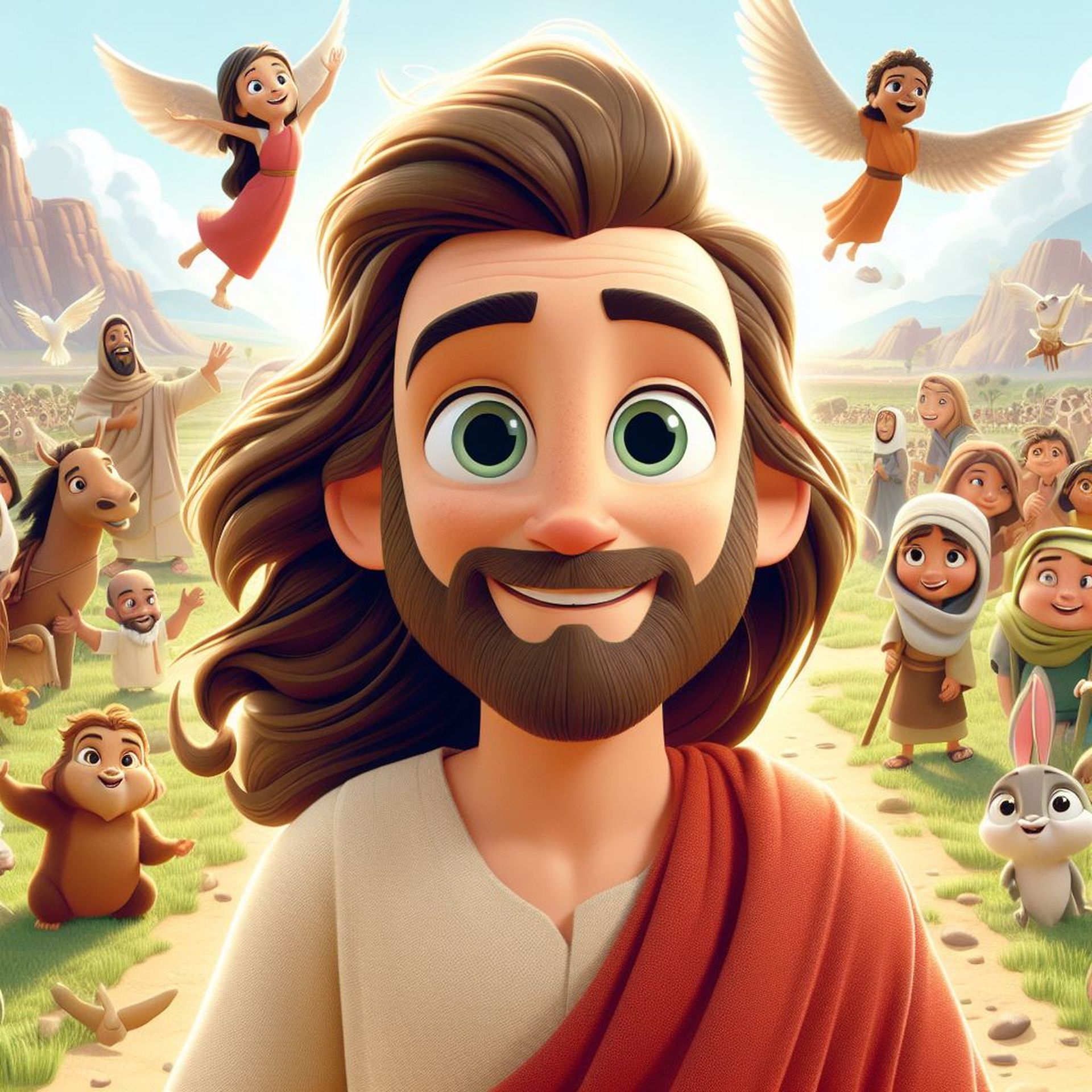There’s been quite the buzz about a wild idea: Disney buys the Bible rights. It all started with a TikTok video from user @claretas.voice, who claimed Disney had shelled out a whopping $7.2 billion for the holy book’s rights. According to her, Disney wanted to make a Bible series.
@claretas.voice Wait‼️Did Disney make a Bible? #bible #jesus #endtimes #christiantiktok
♬ For movie / picture / action / suspense – G-axis sound music
She even mentioned that specific verses had been removed from certain Bible versions after Disney’s buyout. But here’s the thing: it’s not true. Fact-checkers found that the article she mentioned was just a joke, not real news. Want to learn how a claim like this trending on social media? Keep reading…
Disney buys the Bible rights rumor: Another social media hoax trending
The “Disney buys the Bible rights” rumor is a fictitious claim that suggests the Walt Disney Company has acquired the rights to the Holy Bible. According to the rumor, Disney allegedly purchased these rights for a significant sum, purportedly around $7.2 billion, with the intention of producing a series or movies based on biblical stories.
The rumor gained traction on social media platforms, particularly after a TikTok video surfaced featuring a user claiming to have read an article about Disney’s acquisition of the Bible rights. This claim was further embellished with assertions that specific verses, notably Matthew 17:21, were omitted from certain Bible versions following Disney’s acquisition.
Despite the widespread dissemination of this rumor, fact-checking efforts have revealed it to be unfounded. The article referenced in the TikTok video was found to be a parody piece, lacking any basis in reality. Additionally, reputable sources have clarified that the Bible is not subject to copyright and remains accessible to all without restriction.

While the rumor may have captured the imagination of many, particularly given Disney’s history of adapting literary works and retelling classic stories, there is no verifiable evidence to support the claim of a Disney-owned Bible. Moreover, similar rumors have surfaced in the past, often originating from satirical websites or social media hoaxes.
Disney x Epic Games: Did Disney buy Fortnite?
In essence, the “Disney buys the Bible rights” rumor serves as a cautionary tale about the proliferation of misinformation in the digital age. It underscores the importance of critical thinking and fact-checking in evaluating the validity of online claims, particularly those that seem too fantastical to be true.
Don’t believe everything you see on social media
False information can spread like wildfire on social media. A claim like “Disney buys the Bible rights” can become popular on social media for a few reasons:
- Surprising idea: People find it interesting and unexpected that a big company like Disney might buy the rights to the Bible.
- Lots of sharing: If someone with lots of followers, like a famous person or a popular account, talks about it, more people hear about it.
- People believe what they want: Some folks are likelier to believe things that fit what they already think. So, if they already don’t trust Disney or big companies, they might believe the rumor more easily.
- Not checking facts: On social media, things spread quickly, and not everyone checks if something is true before sharing it. If a rumor seems possible, people might share it without making sure it’s real.
- Looking for interesting stuff: People like to share things that are exciting or make them curious. Claims like “Disney buys the Bible rights” are interesting and make people want to talk about them.
- People stick together: Social media can make people only see things that agree with what they already think. If a rumor fits with what a group already believes, they might share it more within that group.
So, when a claim like “Disney buys the Bible rights” pops up, it can spread quickly because it’s surprising, easy to share, and fits with what some people already think or believe.





